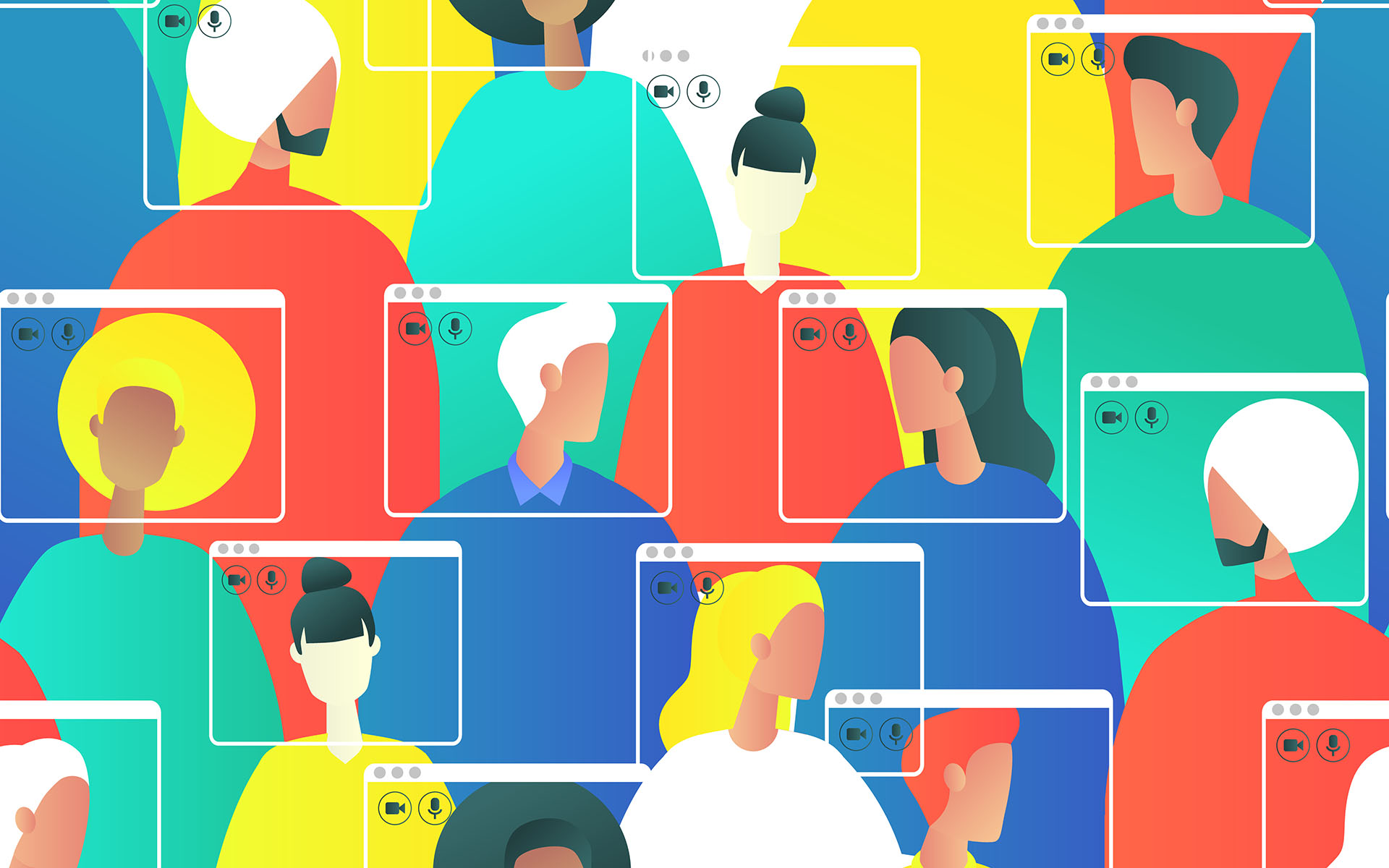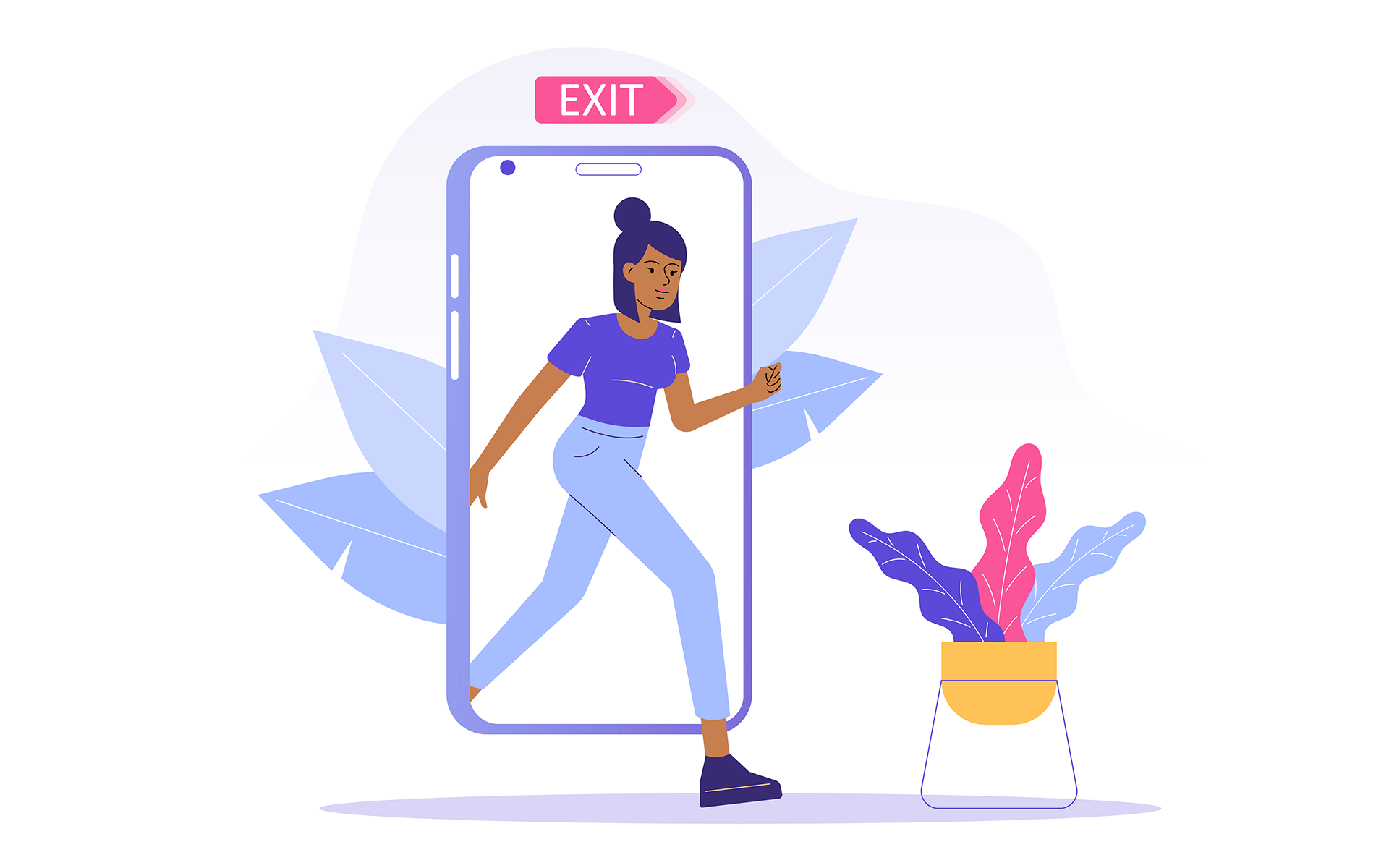Julia Child—the celebrity chef whose life has lately been chronicled in an HBO series and a CNN documentary—was surprised to find that when her gawky, quirky public television cooking show became a hit, viewers seemed to think they knew her. More than that, they wanted to show up and be part of her life. She needn’t have been so surprised by all this since, only a few years before, sociologists Richard Wohl and Donald Horton had stumbled upon this phenomenon, calling it “parasocial interaction.”
These fancy words describe something we’re all familiar with: the feeling that we truly know someone we’ve been repeatedly exposed to (or magnetically drawn to) on television, or nowadays through myriad forms of social media, and yes, even through magazines. Psychologists point to parasociality as a one-sided relationship where the celebritee pours time, emotional energy, and commitment into the celebrity, who doesn’t know them at all. It’s an odd relationship to say the least. Like most of us, I imagine, I’ve had a handful of encounters over the years with a celebrity—all a bit awkward. It’s just incredibly hard to treat them as normal people. You already feel like you know them so well—after all, they’ve been residing in your living room, on your phone, in your computer, at your dentist’s office, and on your coffee table—that all the get-to-know-you small talk goes straight out the window. “So, what do you do?…Oh, right.”
One-Way Relationships Are Unsatisfying
Research results about the phenomenon are mixed concerning how detrimental such a relationship may be. It’s likely harmless, and practically unavoidable, in small and medium doses. It’s clearly problematic, though, when it rises to the level of stalkerish obsession. It can also turn toxic when fans support blatant bad behavior simply because the celebrity they’ve bonded to has become so much a part of how they give meaning to their existence.
These egregious forms of celebrity worship, seemingly born of loneliness and isolation, are not the only reason to take a moment to consider the effects of the cult of celebrity. The rapid rise of an economy where our attention has become the main product for many enterprises relies on an ever-growing cadre of celebrity influencers. We live in a time when it’s very likely that someone will feel they know more people through media than they know on their street or in their building.
A distortion takes place with those we admire at a distance: These objects are much, much farther away than they appear. We don’t know the whole person, just a slice of them blown all out of proportion.
As far as we can tell, we humans have always celebrated heroes, created icons we could admire and emulate. And because they’re widely known, it’s also natural that we’ll feel a parasocial connection with them. As with all beneficial features of life, though, there is a downside. A distortion takes place with those we admire at a distance: These objects are much, much farther away than they appear. We don’t know the whole person, just a slice of them blown all out of proportion. Yet we begin to trust them and rely on them, as if they provided what an actual friend or actual community could provide. That’s one thing when a basketball star is endorsing a color printer, but when it comes to mental health, for example, relying largely on advice gathered in a one-way relationship is not sound.
Go for Social, Not Just Parasocial
Especially since the pandemic, we have lots of mindfulness and mental health resources available at a distance, and that is good, but at a certain point, we all need companionship, support, and guidance that is not delivered in a one-way relationship. If mindfulness is to integrate itself further into our societies and advance beyond its status as a fad—a celebrity of sorts—it needs to be fostered in community and in real intimacy. It has to be social, not just parasocial.
read more
The Steadiness and Presence of a “Quiet Bridge”
When times are tough and anxiety wants to command all of our attention, we can return simple attention to our body and breath, letting the rest drift away.
Read More
What is Possible When We Put Down Our Screens
Our devices bring us live-tweeting of important events, video footage of daily life on the other side of the world, and photos of our friends from near and far, but the real magic happens when we put the screens down, writes founding editor Barry Boyce.
Read More







